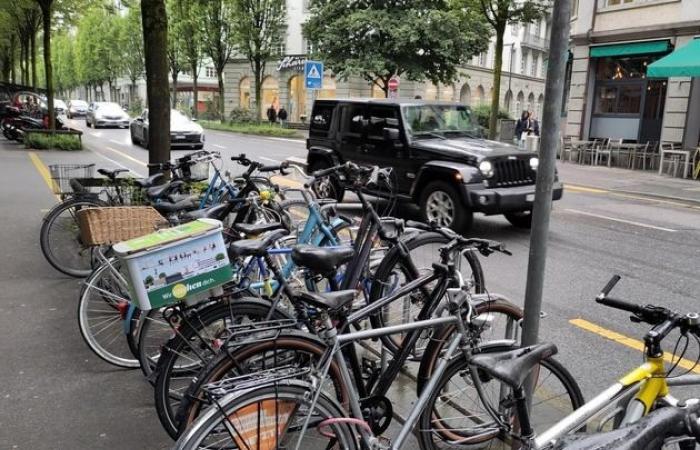Lucerne (ots)
In Switzerland, the quantity of greenhouse gas emissions per household, calculated in CO2 equivalents, is proportional to income. The richest decile of the population causes almost four times more than the poorest decile. This is what emerges from a study carried out by Caritas Switzerland and the Zurich University of Applied Sciences (ZHAW). There are also important suggestions on ways to make Swiss climate policy more social.
In Switzerland, per capita emissions are much higher in households in the upper income segment, because, overall, they consume more than others. On average, the wealthiest resident population decile produces 18.7 tonnes of CO2 equivalents per year. That is almost four times more than the poorest decile. Larger households, such as families, cause fewer emissions per person than smaller ones, young people more than older people.
The study also reveals that emissions due to traffic increase sharply with income, much more than those linked to housing. “Those who have more money take planes and drive much more often,” says Aline Masé, head of the Social Policy Department of Caritas Switzerland. The differences are much smaller when it comes to heating, because there are limits to the expansion of living space and to raising the temperature of rooms, not to mention that wealthy people are more likely to live in housing. newer and better insulated.
These results allow us to draw important conclusions about how to design socially equitable climate policy. Which is by far not the case at present: because if the increase mainly affects heating, as is the case until now, the additional cost for the poorest households is greater than if it t is the price of gasoline and diesel that is increasing. “From the point of view of climate and social policy, it would therefore be fair and more social to transfer the tax currently imposed on heating to gasoline and diesel,” underlines Aline Masé. Because we must fairly redistribute the largest possible share of taxes to the population, by analogy with the regulations currently in force for the tax on fossil fuels.
Contact:
You will find the results of the study commissioned by Caritas Switzerland on www.caritas.ch/co2-emissions
Media requests to be sent to Fabrice Boulé, communications manager for French-speaking Switzerland: [email protected] and 078 661 32 76
#Swiss






